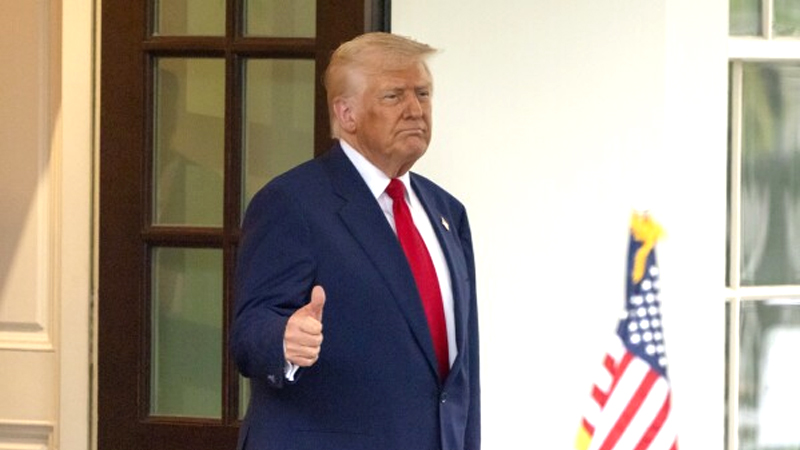Leading smartphone and electronics businesses in Sri Lanka and elsewhere in the world are in a dilemma about the future of the industry as confusing messages are released from US from time to time compounding the already confused global trade landscape.
“Uncertainty is at it speak today as mixed and confusing signals are flashed across the trading world as Trump keeps changing his stance on tariffs which is a very unhealthy trend for business stability and the overall economy of the world,” said an importer of smartphones from China which has been hit by a 125% tariff by the US in a tit for tat strategy.
US technology companies hoping for relief from President Trump’s trade war with China grappled with further uncertainty Monday, left to decipher whether a government policy exempting businesses that are core to the U.S. economy from crippling tariffs could be relied upon.
According to a BBC report, President Donald Trump said Chinese-made smartphones and other electronics will not be exempt from tariffs – adding they are simply moving into a different levy “bucket”.
European stock markets bounced up early this week after Friday’s official announcement that some of these products would escape levies of up to 145%.
China has called on Donald Trump to “completely cancel” his tariffs regime, and “return to the right path of mutual respect”.
However, US officials said on Sunday that products would be subject to a “semiconductor tariff” instead, with Trump expected to reveal more details later.
US Commerce Secretary Howard Lutnick said the new levy would be in addition to a host of global tariffs the US imposed earlier this month, then paused for 90 days.
“We need our medicines and we need semiconductors and our electronics to be built in America,” he added.
On Saturday, a US customs notice revealed smartphones, computers and some other electronic devices would be excluded from the 125% tariff on goods entering the country from China.
But Trump chimed in on social media, saying there was no exemption for these products and called such reports about this notice false. Instead, he said that “they are just moving to a different Tariff ‘bucket’”.
Trump added, “We are taking a look at semiconductors and the whole electronics supply chain in the upcoming National Security Tariff Investigations.”
He said he would provide an update on Monday about semiconductor duties.
Everyday devices such as smartphones and laptops rely on semiconductors, which are small and powerful pieces of tech that form the basic building blocks of modern computation.
The Chinese commerce ministry had called Trump’s exemptions a “small step” by the US, and said that Beijing was “evaluating the impact” of the move.
But the suggestion by Trump administration officials of plans for future levies may dampen hopes of a thaw in the two rivals’ protectionist posture.
US Trade Representative Jamieson Greer was asked on Sunday whether there were any plans for Trump to speak with his Chinese counterpart, Xi Jinping.
“Right now we don’t have any plans on that,” he said during an appearance on CBS’s Face the Nation.
Trump imposed a tariff amounting to 54% on imports of products from China at the beginning of April, before escalating to the current 145% rate.
In its own tit-for-tat tariffs, China imposed levies of 34% on US goods, before increasing it to 84% and then 125%, which took effect on Saturday.
In announcing its latest tariffs, China’s commerce ministry said last week that it would “fight to the end” if the US “insists on provoking a tariff war or trade war”.









